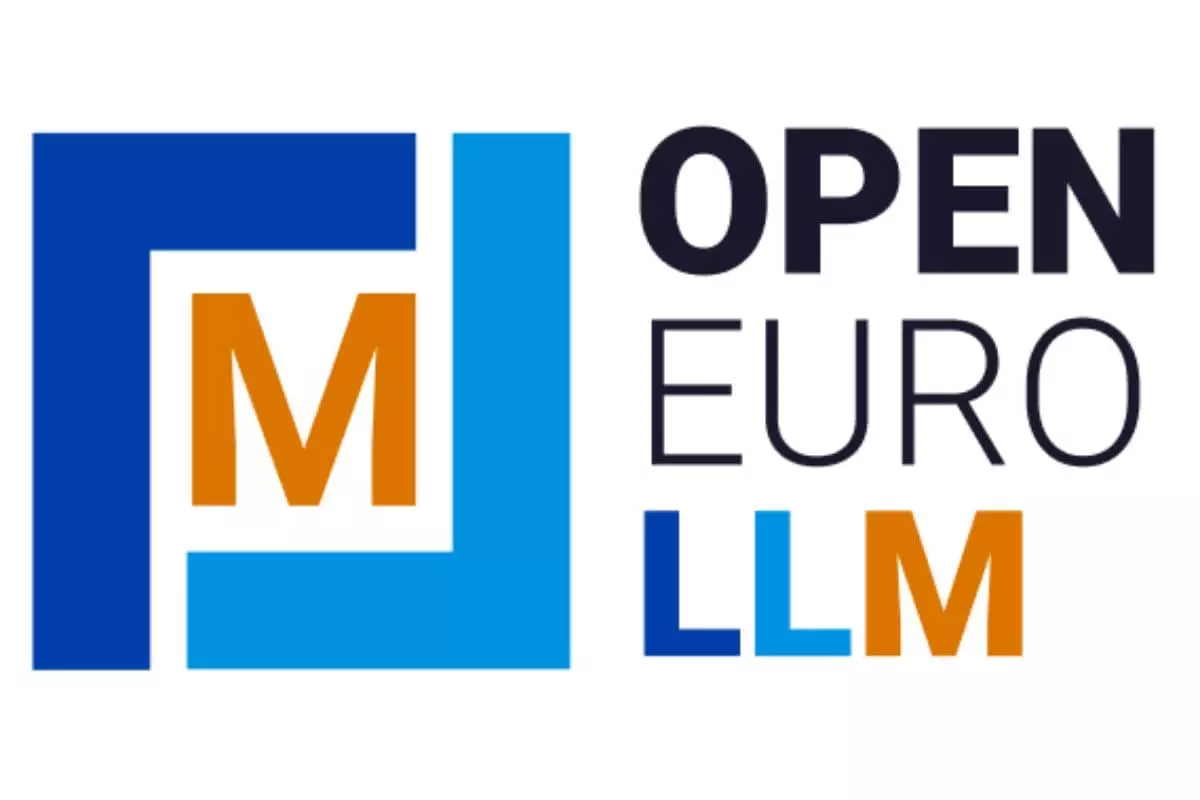The OpenEuroLLM Project marks a significant milestone in the landscape of artificial intelligence in Europe, aiming to address the continent’s unique linguistic diversity through the development of open-source large language models (LLMs). Announced on Monday, this initiative is not merely a technical endeavor; it’s a strategic alliance supported by the European Commission, which recognizes its potential impact as a transformative technology through the Strategic Technologies for Europe Platform (STEP) Seal. This recognition underscores the project’s significance in aligning technological advancements with Europe’s regulatory and ethical frameworks.
At the core of the OpenEuroLLM initiative is the ambition to create a suite of multilingual LLMs capable of functioning across all languages within the European Union. This objective is essential in a region where linguistic diversity poses both a challenge and an opportunity for technological integration and inclusiveness. The consortium, comprising 20 research institutions, businesses, and EuroHPC centers, is led by notable figures such as Jan Hajič from Charles University and Peter Sarlin from AMD Silo AI, emphasizing the collaboration of academia with industry to ensure robust model development.
One of the project’s most commendable aspects is its commitment to transparency and adherence to the stringent regulatory framework of the EU. The developers have pledged to be forthcoming about data acquisition processes and model construction, which should build public trust in AI technologies that are often viewed with skepticism. The public release of documentation, testing codes, and evaluation metrics following model deployment is a progressive step towards enabling other developers and industries to adapt these models for bespoke applications.
The implications of the OpenEuroLLM Project are vast. By democratizing access to high-quality AI technologies, it aims to bolster Europe’s competitive stance in the global market while empowering public organizations to offer more impactful services. The project’s emphasis on open-source frameworks means that the advancements made will not be confined to a select few; rather, they will stimulate innovation across various industries by providing tools that can be customized and improved upon. This could potentially lead to a flourishing ecosystem where small startups and established entities alike can benefit from these developments.
While the foundational aspects of the OpenEuroLLM Project have been established, several questions remain unanswered, notably regarding the timeline for the release of the multilingual models and the specific sectors they will prioritize. As the project progresses, attracting additional investors will be crucial for sustained development, and the added scrutiny from regulatory bodies could present challenges in scalability. However, should the consortium successfully navigate these hurdles, it has the opportunity to be a cornerstone of AI in Europe.
The announcement of the OpenEuroLLM Project signals a promising future for AI in Europe, characterized by multilingual capabilities, transparency, and community engagement. With strategic support from the European Commission and a commitment to open-source methodologies, the project is poised to redefine how AI can serve a diverse populace, potentially setting a standard for similar initiatives worldwide. While challenges lie ahead, the path carved by this alliance represents a significant step towards harnessing AI’s potential responsibly and inclusively across the continent.


Leave a Reply